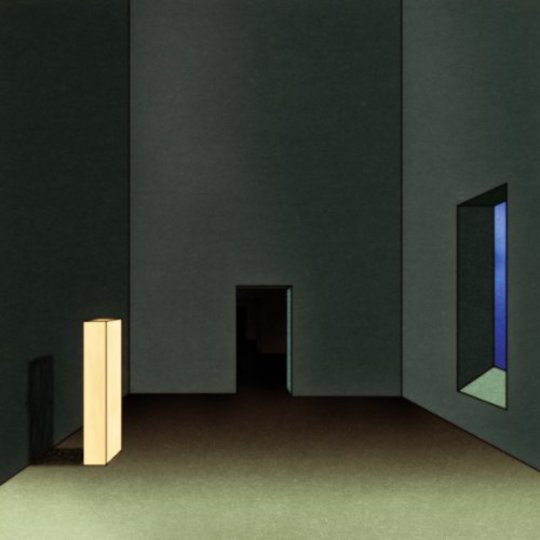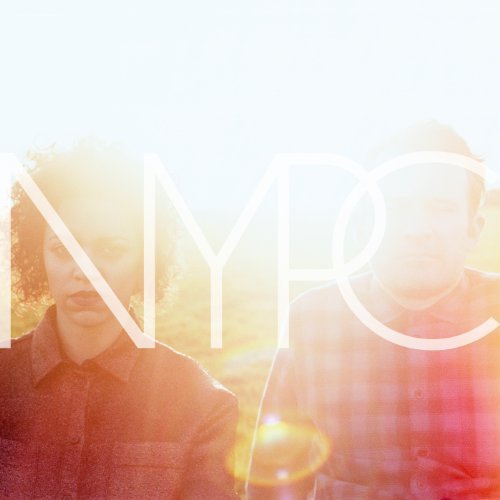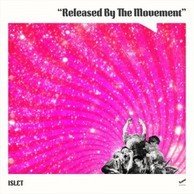After a run of three albums in three years, Daniel Lopatin aka Oneohtrix Point Never went on something of a hiatus: he waited all of two years to release his fourth studio album - and label debut on Warp Records - R Plus Seven. Lopatin is one of the few artists of the short-lived (mainly) Brooklyn lo-fi explosion to have survived in the public consciousness, thanks mainly to his ability to evolve beyond sounding like just another indie kid in a loft in Bushwick with a retro synth.
R Plus Seven sees Lopatin continue along the same experimental path trodden by his previous three releases, but it is somehow lighter and more accessible whilst remaining almost impossible to grasp. The all-pervading melancholy of Replica and the confusing but grounded atmosphere of Returnal have been left behind, replaced by an altogether softer and more ethereal New Age soundscape. As a whole it exists in a vacuum – timeless not in a seminal sense, but actually feeling cut off from time itself.
R Plus Seven is a record made to be listened to in one sitting, as a few notable exceptions aside, there is very little here resembling a stand-alone moment. In places tracks seem to segue into each other, whilst in others silence that last seconds but feels like hours stretches in between. Indeed, with album opener ‘Boring Angel’, the song seems to end, only for 14 seconds of dramatic organ to appear out of nowhere before ceasing abruptly. There are nods to certain genres and artists along the way, with the Gold Panda-like ‘Zebra’ and the clipped Mount Kimbie vocals of ‘He She’, but overall its fractured flow, complete disregard for traditional structure and semi-conscious ambience render it almost indefinable. It is what a dream would sound like, as faces and surroundings dissolve and evolve with focal points always remaining just out of sight.
Vocals play a prominent role, more so than on his previous works, with heavy doses of MIDI choir, distorted male and female voices, and on ‘Problem Areas’ the insistent appearance of a child saying “Wait”. It is the way in which he crafts these vocal elements which gives the music its most dreamy and unnerving quality. His established mastery of synths takes the forefront, but the at times Dilla-esque jumbled male vocals on the likes of ‘Americans’, and the chopped up staccato samples that punctuate the analogue wooze are at both times cheesy and haunting. Throughout, and particularly on tracks like ‘Still Life’, where the MIDI choir is joined by computer game noises and overly melodramatic organs, the dreamlike quality is given a kitsch feel, like looking at a gaudy neon sign through mist.
R Plus Seven can be confusing, jam packed with samples and contrasting elements, but it's never overbearing. At the same time it is hard to put your finger on exactly what is appealing about it. Rhythm and melody appear and disappear in seemingly random fashion, washing over you at points but then unnerving you at others as the songs stutter and jump about, being both tacky and beautiful at the same time. It does come over as over ambitious in parts, making you wish he would just stick to one idea for more than a couple minutes at a time instead of letting each of the myriad of themes devour each other constantly. But despite this it is soothing and transportative, and is able to define itself a little bit more with each listen.
-
7Alex Baker's Score
-
9User Score






















